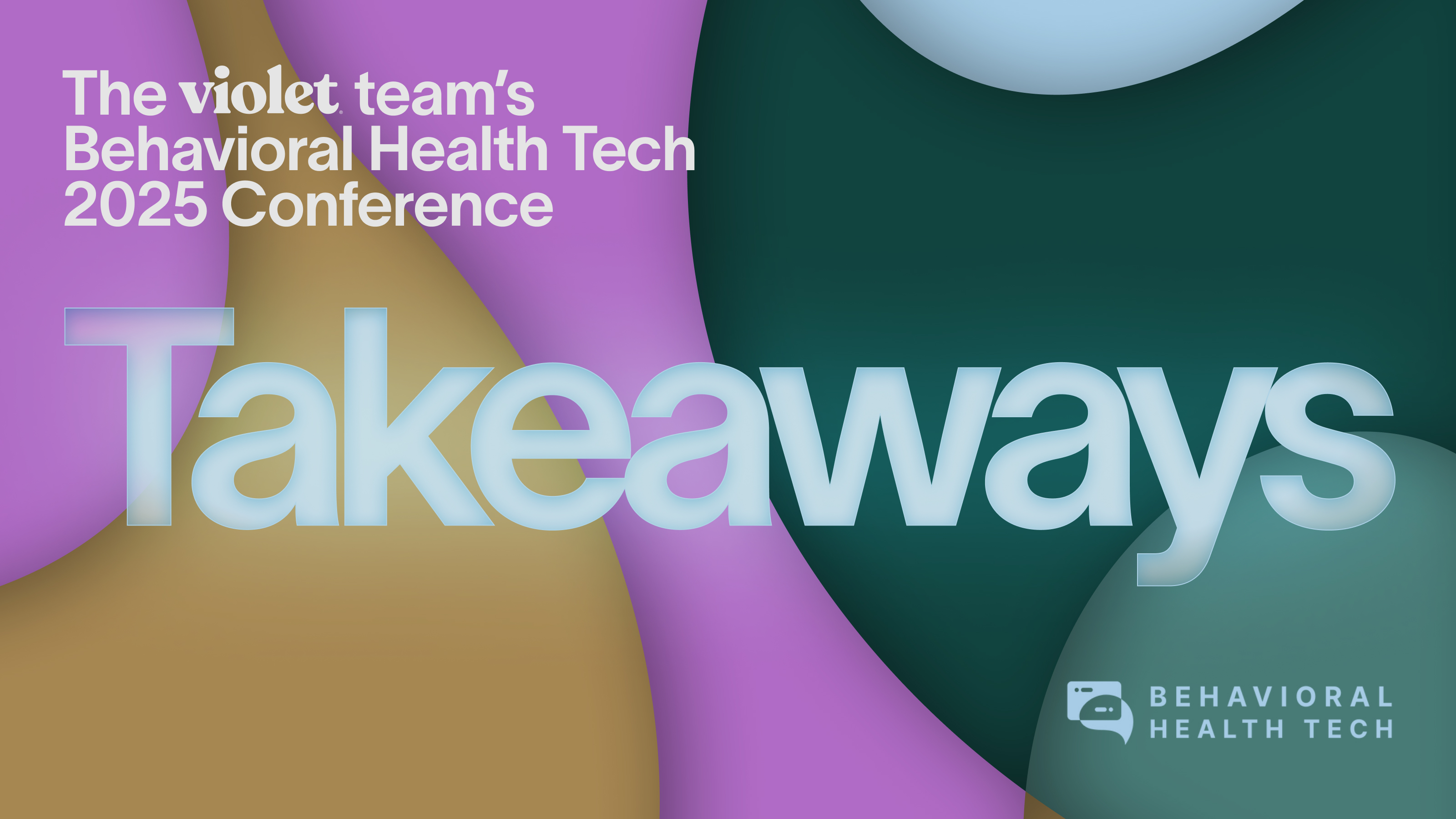When providing person-centered care, an important element to consider is a patient’s geographic location and density. Within that, we know that rural patients and communities face unique hurdles in receiving quality care, while also having unique strengths, such as community cohesion and support. Clinicians who plan to treat rural patients must learn to navigate the unique health needs of these communities and learn to work with challenges such as provider shortages, transportation issues and stigmatization of certain types of care.
Violet partnered with two educators to create rural health collections to train providers on how to provide good clinical care to rural communities. Our “Rural communities: Addressing chronic conditions” collection, authored by Nathalie Occean, MHA, CPHQ, presents unique considerations for treating rural patients with chronic conditions, including a focus on social needs. Dr. Jessica Jackson, Vice President of Alliance Development at Mental Health America, authored our “Rural communities: Treating depression & suicide,” which fills a big need for clinical training on rural mental health.
As Dr. Jackson writes in the introduction of her collection:
Clinicians serving rural populations have the opportunity to lead meaningful change by recognizing and addressing the unique mental health needs of these communities. Despite challenges such as provider shortages and stigma, rural areas are resourceful and solutions-oriented. By understanding barriers to care and leveraging community strengths, clinicians can develop systems that better address depression screening, care access, and mental health outcomes.
We were lucky enough to have Dr. Jackson join us for an interview on why clinicians should prioritize rural health education:
Q. Why is it important for clinicians to complete clinical education specific to treating rural communities?
Clinicians who receive specialized training in rural health are better equipped to understand the unique challenges faced by these communities. Rural areas often have limited access to mental health services, so clinicians need specific knowledge to navigate these difficulties and provide effective care. By understanding the cultural, social, and economic factors that influence health outcomes in rural areas—including stigma surrounding mental health, lack of privacy, and limited resources—clinicians can tailor their approaches, establish trust, and engage patients more effectively. Specialized education helps clinicians recognize these nuances, enabling them to address the specific needs of rural patients while fostering a therapeutic relationship grounded in cultural humility and respect.
Q. What are key things that clinicians should keep in mind when serving rural communities?
When working with rural communities, clinicians must build trust and ensure confidentiality, as privacy concerns are common in these close-knit areas. Addressing these issues early helps patients feel secure discussing sensitive topics. It's important to acknowledge the strengths of rural populations by highlighting positive aspects of their community. Offering flexible care options, like telehealth, can also improve access and comfort for patients facing geographical or logistical challenges.
Q. How can we address some mistrust of telehealth services in rural areas?
Mistrust of telehealth services in rural areas often arises from concerns about privacy, technology barriers, and the belief that remote care is less personal or effective. To address these issues, it's important to have open discussions about the benefits and limitations of telehealth. Clinicians should highlight how telehealth can offer increased privacy, particularly for patients who may feel uncomfortable discussing mental health issues in close-knit communities. Consistent communication about how confidentiality will be maintained in a virtual setting is essential. Additionally, providing training on technology use and ensuring that patients receive the necessary support can help overcome technological barriers and build confidence in remote care options.
Q. What are key clinical quality measures (HEDIS) we should be considering for these communities?
To improve healthcare in rural communities, we should prioritize quality measures that focus on access to care, patient engagement in treatment, and follow-up care. The Healthcare Effectiveness Data and Information Set (HEDIS) offers valuable tools for assessing the effectiveness of care.
In rural areas, it is especially important to focus on measures such as Follow-Up After Hospitalization for Mental Illness" (FUH), Depression Screening and Follow-Up for Adolescents and Adults (DSF-E), and Adults’ Access to Preventive/Ambulatory Health Services (AAP). Additionally, we must consider cultural competence and how mental health screenings are integrated into broader healthcare practices. Given the challenges rural communities face with access to healthcare, tracking access to telehealth services and ensuring that care is delivered in a culturally responsive manner are also critical. Monitoring these metrics helps ensure that rural populations receive equitable and effective care tailored to their unique needs.
To learn more about Violet’s clinical education, book a demo at today.
Bio:
Dr. Jessica Jackson is the founder of Therapy Is For Everyone Psychological & Consultation Services, PLLC, a Houston-based practice that combines expert care with cutting-edge health technology consulting. With over a decade of experience across startups, hospitals, nonprofits and the United Nations, she has consistently driven initiatives that democratize access to quality mental healthcare. A former assistant professor of psychiatry, Dr. Jackson now applies her academic rigor to real-world challenges. She guided startups in creating minimum viable clinical products, ensuring they meet the highest standards of care while remaining commercially viable.
Dr. Jackson currently serves as an elected member of the American Psychological Association Board for the Advancement of Psychology in the Public Interest and chair the APA Mental Health Technology Advisory Committee. Her recent appointment to the FDA's inaugural Digital Health Advisory committee and service as Vice Chair of Therapist in Tech, demonstrates her work bridging the gap between clinical practice and technological innovation.

.svg)





.png)



.png)

.svg)



.svg)

